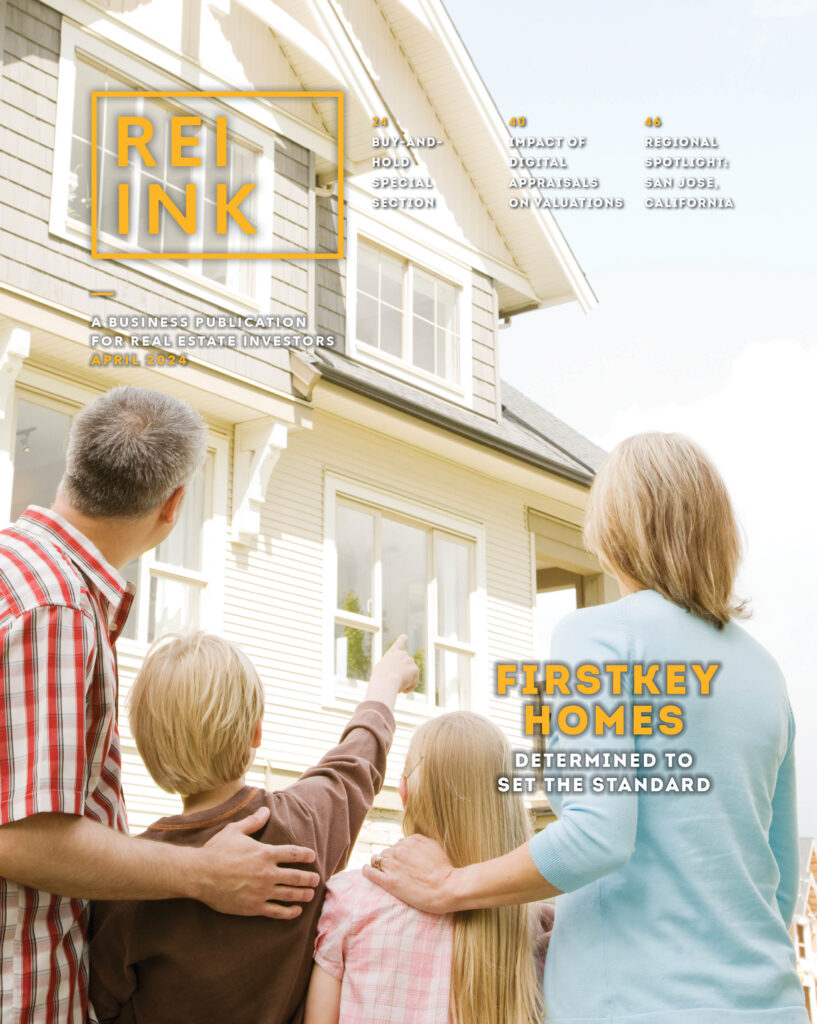AI is Already Changing the Game When it Comes to HOA Hurdles

SFR Investors Will Soon be Very Grateful
By Vishrut Malhotra
Identifying HOAs and addressing their requirements has long been a massive headache for investors, especially when it comes to possible leasing restrictions. AI is changing that right now through tools far more advanced than simple chat bots.
More than a few Single-Family Rental (SFR) investors have experienced the nightmare of dealing with difficult Homeowners Association (HOA) restrictions or petulant property management companies, both during the purchase and settlement process as well as thereafter. Because of HOA requirements, investors may be limited in how they can rent out their properties, with limitations on lease durations or the number of tenants allowed. HOA compliance often imposes time-consuming and burdensome administrative tasks on the investor or asset manager.
HOAs Can Make Investing a Challenge
Overall, the stringent regulations and ongoing financial obligations imposed by HOAs can make SFR investing more challenging, impacting the potential return on investment and limiting the investor’s freedom to manage the property according to their investment strategy.
All of these are things an investor needs to know in advance of a purchase decision. And yet, it can be a maddening exercise simply to locate and procure the relevant HOA documentation, bringing needless time and cost to the process.
Whether simply trying to determine if a property falls under an HOA agreement or scouring endless reams of documents to determine if leasing restrictions or fencing requirements apply to a property that’s the focus of an ongoing transaction, identifying an HOA, procuring and studying its requirements and documentation and then proceeding accordingly have caused more than a few mistakes or delays in the world of SFR.
The fact is, however, that HOAs are not going away any time soon. There are over 370,000 HOAs nationwide representing over 40 million households (over 53% of the owner-occupied homes in America). In combination with an ongoing housing inventory shortage, that means that investors seeking to continue on in the SFR space must find a way to address HOA-generated challenges directly. There is no avoiding it.
However, there is good news emerging for investors and buyers wrestling with HOA-related complications. In just the past two years, amazing advances in Artificial Intelligence (AI) have vaulted the technology to the top of the list of most effective HOA-focused solutions. As a result, the investor’s due diligence process, once seemingly unable to be automated with regard to HOAs, is moving deeper into the digital age. The current results and additional potential could relegate the challenges once associated with HOA documentation to the past.
HOA Issues Traditionally Once Addressed Piecemeal, Manually
The biggest issue with identifying HOAs and procuring HOA-related documentation is that there is no national or market standard. That means there are literally thousands of HOAs operating under thousands of varying requirements and mounds of disparate documentation. There is no national repository for HOA bylaws and requirements.
Traditionally, the entire process was by and large a manual one for investors and buyers. Emails, phone calls and the manual extraction of data from complex and confusing forms were the preferred (read: only) means of addressing each and every HOA-related chokepoint. The process usually included an employee or vendor manually “scraping” data from a patchwork of websites (which may or may not have been comprehensive or current).
The employees likely had to key and rekey some of the relevant data into their own system. From there, the person would visually scour that data to glean what was necessary in terms of requirements, fees or other elements for a transfer of ownership. Did a fee need to be mailed to a specific P.O. box? Did a specific form need to be filled out in a certain way? Each of these elements was traditionally as manual as it was time-consuming. Especially where fencing requirements or leasing/rental restrictions are involved, this unreliable means of collecting and analyzing data could (and often did) lead to delay, costly oversight or error.
Enter a new generation of AI, including Large Language Models (LLM). The result? The introduction of various levels of AI technology which are already automating an increasing number of the HOA-related processes involved in residential real estate closings.
AI is Impacting HOA-Related Real Estate Issues Right Now
AI is changing the broken “model” for addressing HOA-related issues right now, and not just when it comes to communicating with property management firms or HOAs. Today, firms are beginning to use AI solutions to scrape thousands of HOA and HOA-related websites and data sources for all relevant information and documentation. This is happening in a fraction of the time it would otherwise take humans to do, and substantially more accurately. AI is providing cognitive labor, empowering humans to focus on more complex tasks by freeing them from mundane processes.
AI is not just collecting HOA data, however. It is also extracting relevant data and discarding or sorting out extraneous or outdated bits of information. Once limited to analyzing similar categories of documents –virtually impossible in the HOA field – AI today can perform a level of analysis, classification and even decision-making (making payments when necessary or raising a “red flag” where leasing restrictions might exist) quickly and efficiently, freeing human employees to focus on other tasks or even quality control (QC).
Amazingly, today’s AI can even assist in its own QC, calling attention to discrepancies in its own performance with a layer of redundancy and oversight. In a matter as confusing and variable as HOA information gathering, QC is imperative.
Of course, AI is also being used in the back-and-forth communications process between property managers, closing vendors, buyers and sellers. AI is already being utilized to contact HOAs to request data. It is also being utilized to document and coordinate the numerous processes involved in this complex element of the real estate transaction. The technology is not doing these things unattended, but instead, in combination with the training, expertise and judgment of human employees. However, it is probably safe to say that, for any staffer who has ever had to address HOA-related issues in a real estate transaction, this is one task that may be better left for technology to handle.
That is already starting to happen. SFR investors will soon be grateful.














